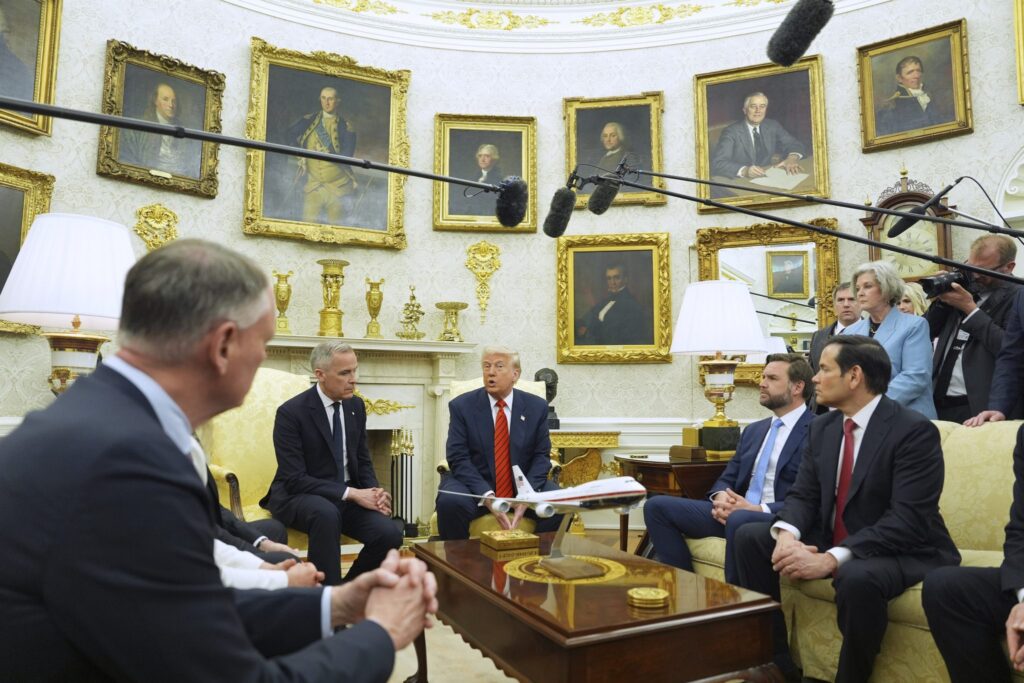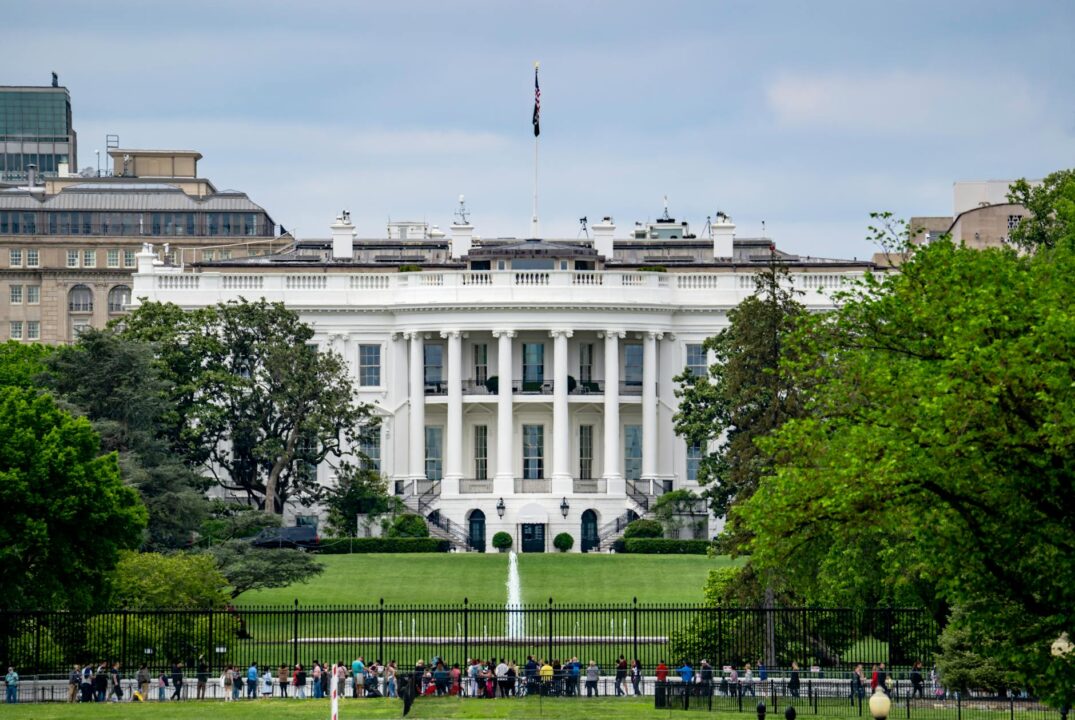
In recent times, politics and commerce has captured our collective attention, exemplified by the remarks made by two prominent figures: Mark Carney, the former governor of the Bank of Canada and the Bank of England, and former President Donald Trump. Their contrasting perspectives provide a fascinating lens through which we can view the current state of leadership and governance.
Mark Carney, known for his measured approach and robust understanding of Canada, has emphasized that “Canada isn’t for sale,” underscoring the nation’s commitment to its values, resources, and communities amid the complexities of global commerce. His assertions resonate strongly in today’s climate, where the lines between governance and market interests often blur.
In juxtaposition, Donald Trump’s remarks have frequently centered around the transactional nature of politics and business. His perspective is rooted in a belief that everything, including politics, can be part of a negotiation. In his words, “I will do whatever it takes to make a deal,” encapsulating a worldview that champions the idea of leverage and bargaining in achieving results. This philosophy has both passionate supporters and staunch critics, contributing to the vibrant discussions that permeate our public discourse.
During their meeting, Carney and Trump engaged in constructive dialogue about the future of trade relations between Canada and the United States. Carney emphasized that while progress has been made, there is still important work ahead to foster collaboration and address outstanding issues. He reiterated Canada’s commitment to maintaining strong economic ties and ensuring that both nations benefit from mutually advantageous trade policies.
Trump responded positively, acknowledging the complexities of negotiations and the need for patience. He indicated that these discussions are critical for both countries’ economic prosperity and that “time will tell” how these policies will evolve. The conversation also touched on tariffs, revealing a mutual understanding that careful consideration and strategic planning are necessary to navigate the current trade landscape effectively. Overall, the meeting set a promising tone for continued engagement between the two leaders.
On the significance of these discussions from my personal experiences, there is a unique beauty to Canada, a nation that emphasizes community and thoughtful governance, especially amid a backdrop of economic and political complexities.
I’ve been traveling back and forth to from the U.S and Canada for almost 1 year, and there are advantages of conducting business — to navigating cross-border commerce while embracing the opportunities each country offers. Still, it is vital to remember that our institutions are not mere assets to be bought and sold but are the foundations upon which our communities thrive.
Ultimately, the dialogue sparked by Carney’s observations juxtaposed with Trump’s business-minded approach invites us to consider what we value most in our leaders and our systems. It reminds us that while we often engage in discussions of trade, markets, and governance, at the heart of it all lies a profound need for integrity, accountability, and an unwavering commitment to the ideals we hold.





